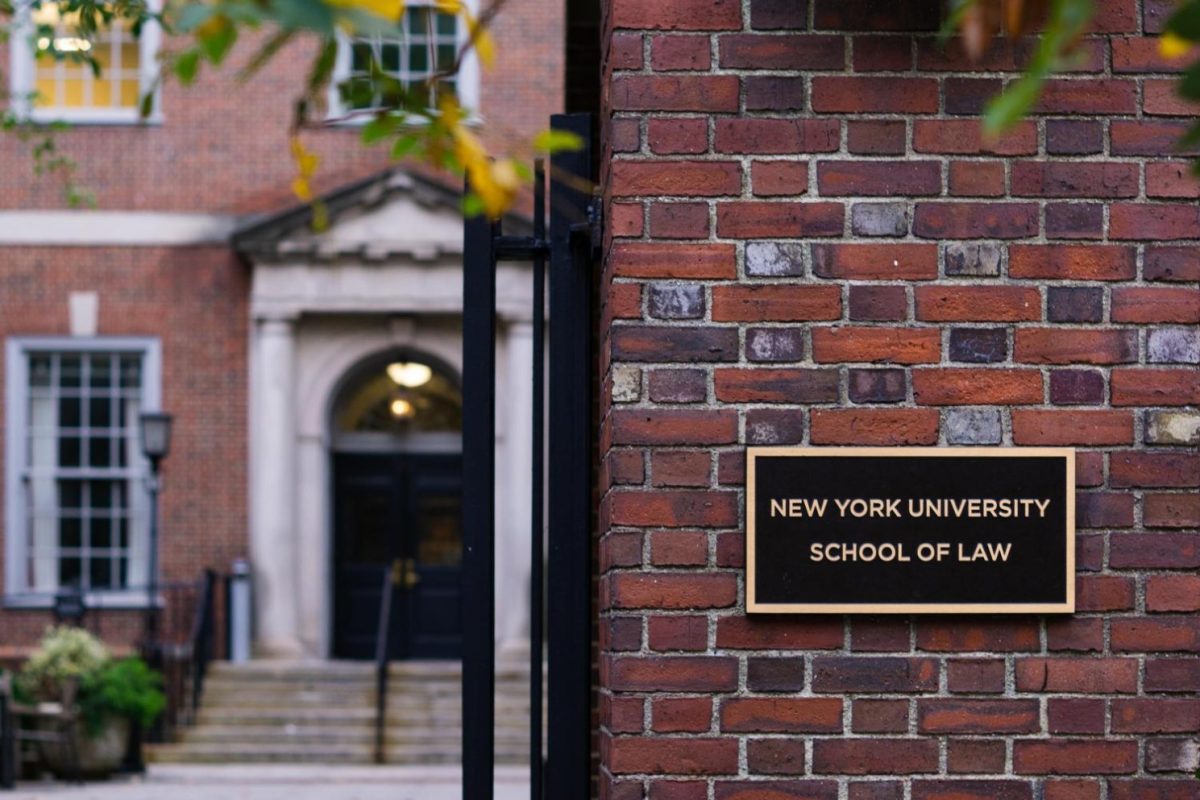An NYU Law report found that people of color are 32% less likely than white individuals to receive an early release from a prison sentence — a number that has starkly risen in recent years.
Researchers from the the Center on Race, Inequality and the Law have been analyzing the New York State Board of Parole’s verdicts since 2016, comparing the release rates of white and non-white people who are incarcerated. The report revealed a 13.5% increase from an average difference of 18.8% — reaching as low as 11.59% in 2021 — to an average of 32.28% from 2022-24.
The report cites “vague statutory language” and parole assessment standards as a major cause for the racial disparities. While parole rulings are based on the nature of an individual’s original crime, as well as their improvement during incarceration, researchers said the state’s Board of Parole often exclusively considered the former in its decision making.
In an interview with WSN, Jason Williamson — one of the report’s co-authors and the executive director of the CRIL — said current methodology represents deeply rooted racial injustices in criminal law. Williamson claims that because individuals’ initial sentences are already determined based on the crime itself, giving additional weight to this factor is “inconsistent with the law.”
“What the report is highlighting is not a surprise,” Williamson said. “The numbers reflect a real problem in the way the law is operating and the way parole commissioners are making their decisions.”
In their recommendations, the paper’s authors suggest that the state reframe its approach to parole decisions, making it a more standardized practice. They proposed that judges ask why a prisoner shouldn’t be granted early release, rather than focusing on why they should. They also recommended amending the executive law that governs the Parole Board to prioritize “a person’s current readiness for release from prison,” legally reinforcing the system’s intended stress on rehabilitation.
The report counted 1338 people of color who would have been released between 2022 and 2024, had all paroles been granted at the same rate as they were for white prisoners. From the years 2019 to 2021, this would have been 1068.
Authors noted that the heightened racial disparity corresponded with Gov. Kathy Hochul’s time in office, during which she has appointed four Parole Board commissioners and allowed 11 of the 16 current commissioners to continue to serve, even though their terms have expired. Williamson said that he had been encouraging the governor’s office to appoint more experienced citizens to the board, as opposed to maintaining its current composition of law enforcement officials and former correctional officers.
“We have been trying to encourage the governor’s office to not just put anybody in front of the legislature,” Williamson said. “There’s a lot that lawmakers can do to change the direction of the parole system in New York and the way that parole commissioners do their jobs completely.”
The report also recommends an amendment granting parole consideration to people over the age of 55 who have served at least 15 years in prison, citing consistently lower levels of recidivism rates among older demographics. They argue against allowing people to die in prison, and said that it is a less “fiscally responsible” way to use tax dollars.
Majid Dunson — who was previously incarcerated and now serves as Upstate Field Captain at the statewide organization VOCAL-NY — also noted peoples’ capacities to change following incarceration. Dunson said he felt that the criminal system does not offer enough opportunities for community involvement, adding that, as a former paralegal, he has witnessed numerous instances where people received different sentences or parole opportunities for similar actions. He said that being on both ends of the issue only heightened his sense of urgency for change to the criminal legal system.
“Instead of them sitting back, fighting for your best nature, what they do is they sit back and they negotiate what type of sentence you will get, where they can bargain something else,” Dunson said in an interview with WSN. “In that case, you’re nothing but cattle.”
Contact Sydney Chan and Nikhil Shah at [email protected].


























































































































































